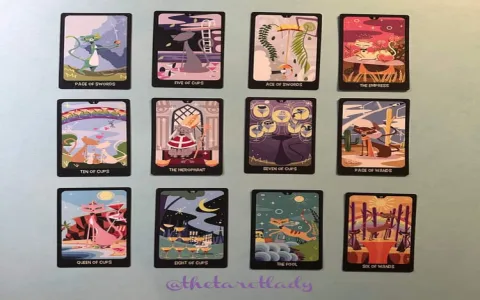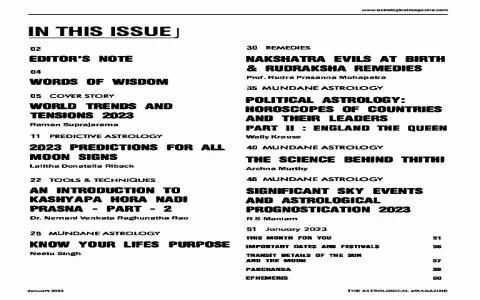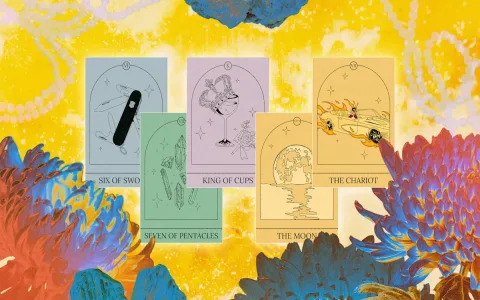Getting to the Point with Virgo Work Stuff
I got roped into this stupid side project a while back. It wasn’t about building some big platform or anything heavy. The task was simple, almost insultingly so: cranking out weekly work horoscopes for Virgos, but the kicker was the length. It had to be short. Like, really short. Thirty characters max. That’s an atomic bomb in a thimble, man.
I figured, no problem. I’m a guy who deals with data and logic. I can strip this astrology nonsense down to its bare metal. I went into this whole operation thinking I could solve a human problem with a technical fix. I was an idiot.
The Messy Process: From Fluff to Failure
I started by simply gathering all the typical, fluffy astrological garbage I could find online. I pulled stuff from maybe a dozen different sites, all promising deep insight into the Virgo professional life. I dumped it all into a giant spreadsheet, hundreds of thousands of words of pure cosmic fluff. Think sentences like: “The planetary alignment suggests a need for introspective focus on long-term goals and restructuring of collaborative endeavors.” Utter nonsense.

My first practical step was just to clean it. I wrote a quick script just to strip out all the common useless words—‘synergy,’ ‘alignment,’ ‘trajectory,’ all that garbage. I tried to isolate the core verbs and nouns. But even after that brutal pruning, I was still stuck with sentences that were pushing eighty characters. It was frustrating.
So, I switched tactics. I tried to build a simple model—I hate calling it ‘AI’ because it wasn’t—that would look at a long sentence and categorize it into one of maybe ten simple buckets: Success, Failure, Wait, Conflict, Money, etc. Then, the script would just pair that category with a pre-written, thirty-character phrase I had inputted.
For example, if the long prediction was about a raise, it would categorize it as Money, and the final output would be: “Cash flow good. Ask for raise.” (28 characters). I thought I had solved it. I was so pleased with myself for bypassing the complexity.
But when I ran it on the real data, it started messing up. A prediction about a tricky client meeting would get filed under Conflict, but the output was: “Avoid team conflict. Stay home.” It completely missed the nuance. The script couldn’t tell the difference between a minor office disagreement and a major client crisis. It was useless for the simple reason that it lacked the basic human ability to feel the difference.
The Real Reason I Was Doing This Dumb Project
Why was I wasting three whole weekends of my life wrestling with a ridiculous horoscope generator? Because I was stalling. I was avoiding the realization of why I even had free weekends to do this sort of thing.
The whole exercise in stripping a complex idea down to a useless soundbite reminded me of my last job. I was working at a huge place, putting in all the insane hours, getting huge projects across the finish line. I thought I was indispensable. I thought my loyalty meant something.
Then, the new management rolled in. They didn’t care about the two-year journey of a project, only the bullet point summary for their quarterly report. I spent five weeks fixing a legacy system that was about to crash the whole platform. When I reported the completion, my manager told me to reduce the entire effort to one single line for the C-suite update. Something like: “Legacy system stabilization achieved.”
I complained. I said, “It was five weeks, man! It saved the company millions!” The next day, I walked into the office, and my keycard didn’t work. The security guard just said, “You’ve been term’d. Pack your box.” Just like that. After eight years. I tried to contact the team I had just been working overtime with. Every single one of them ghosted me. Every call went to voicemail. It felt like a punch to the gut, the ultimate betrayal.
The Final, Human Result
So, I gave up on the code. I shut down the whole environment. I realized that you can’t automate human experience, especially not in a thirty-character format. I stopped trying to make the machine talk like a human and just started talking like one myself.
My final successful process? It was the simplest thing in the world. I looked at my own week—my own upcoming pain points—and I applied it to the Virgo sign. It’s supposed to be about work, right? It needs to feel real.
-
If my calendar showed a meeting with a known nightmare client: I wrote: “Tough client demands too much. Push back.“
-
If I had a major pitch due: I wrote: “Big idea lands well. Nail the pitch.“
-
If I just felt tired and overwhelmed: I wrote: “Just coast for now. Recharge period.“
The whole sophisticated, coded system I had built was a total time-waster. My practice finally succeeded when I threw out the automation and just relied on simple, crude human insight. The lesson here is that sometimes the simplest, most human path that feels clumsy is the only one that actually works.






